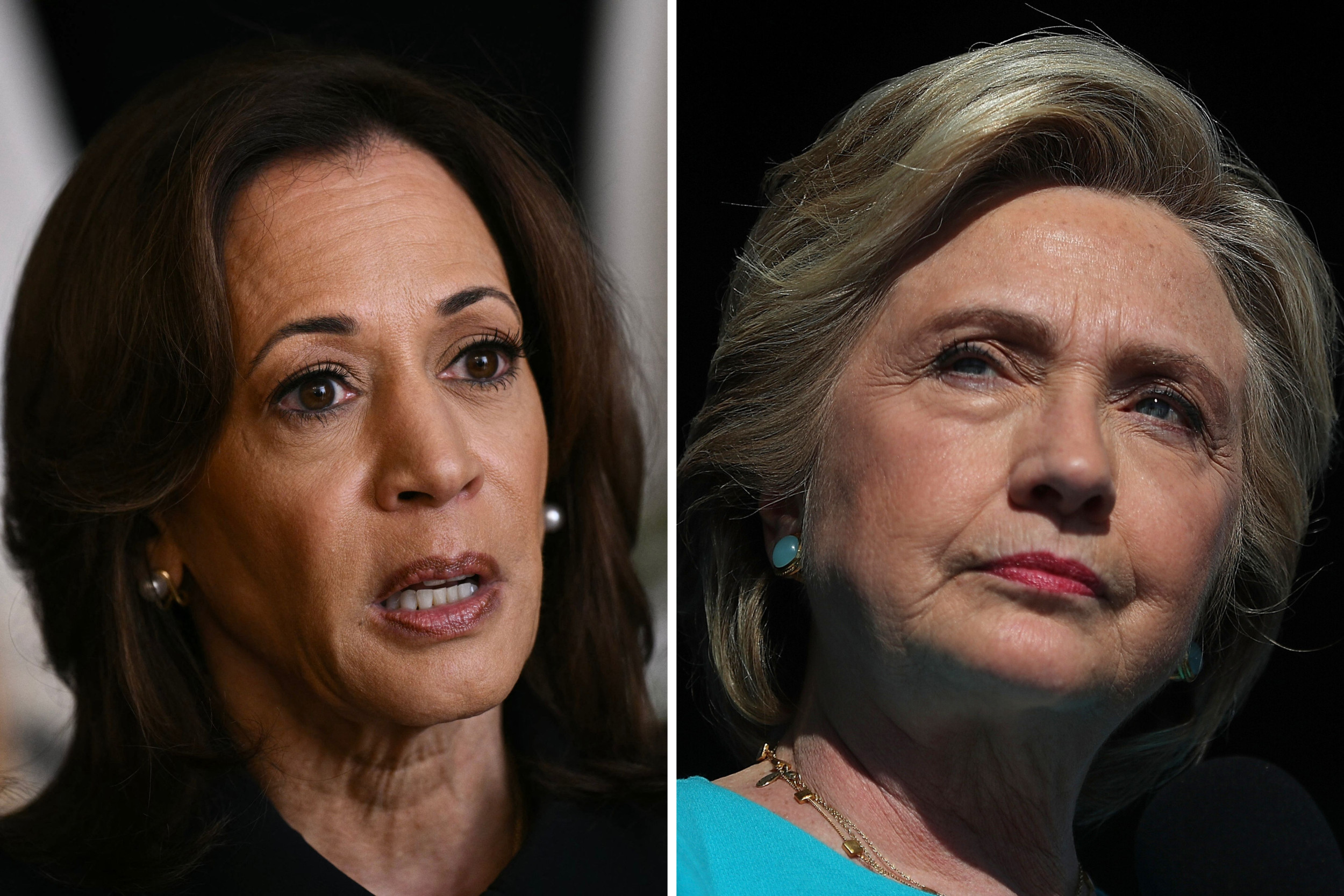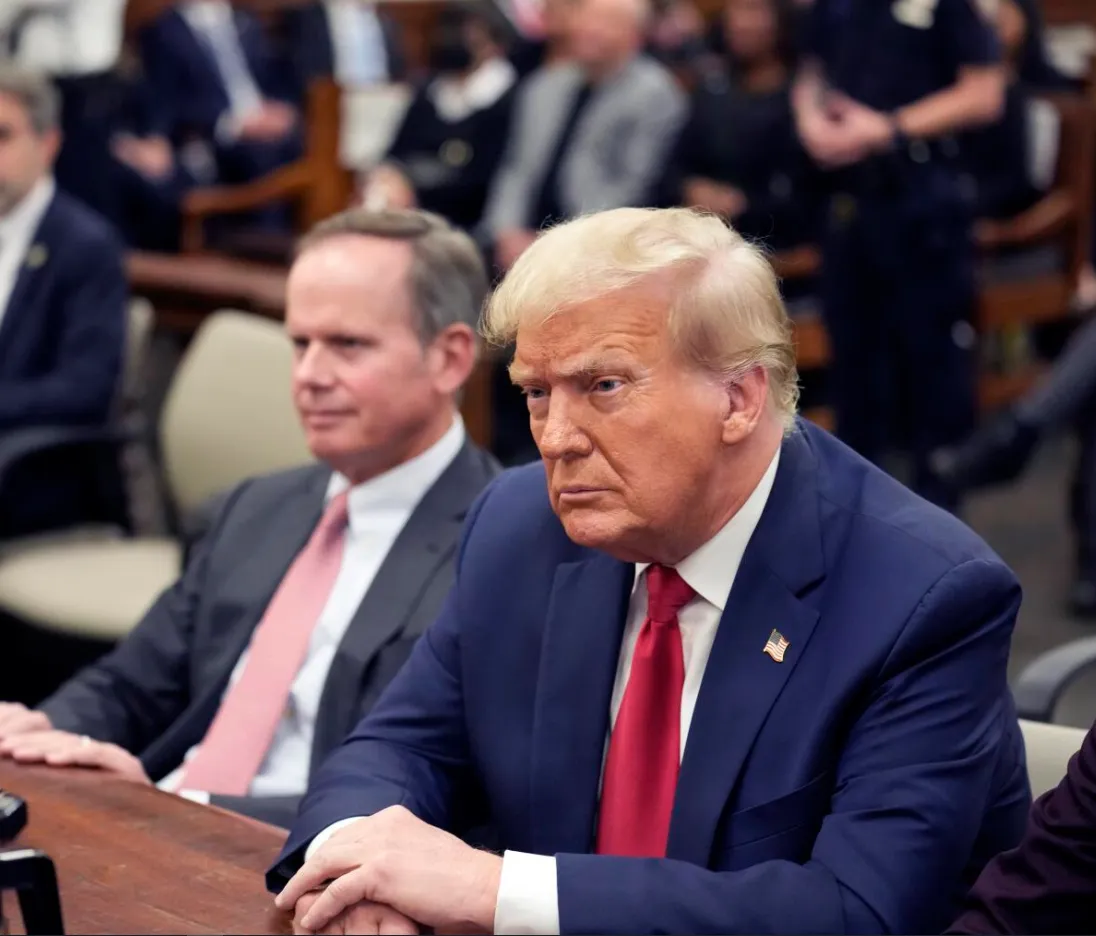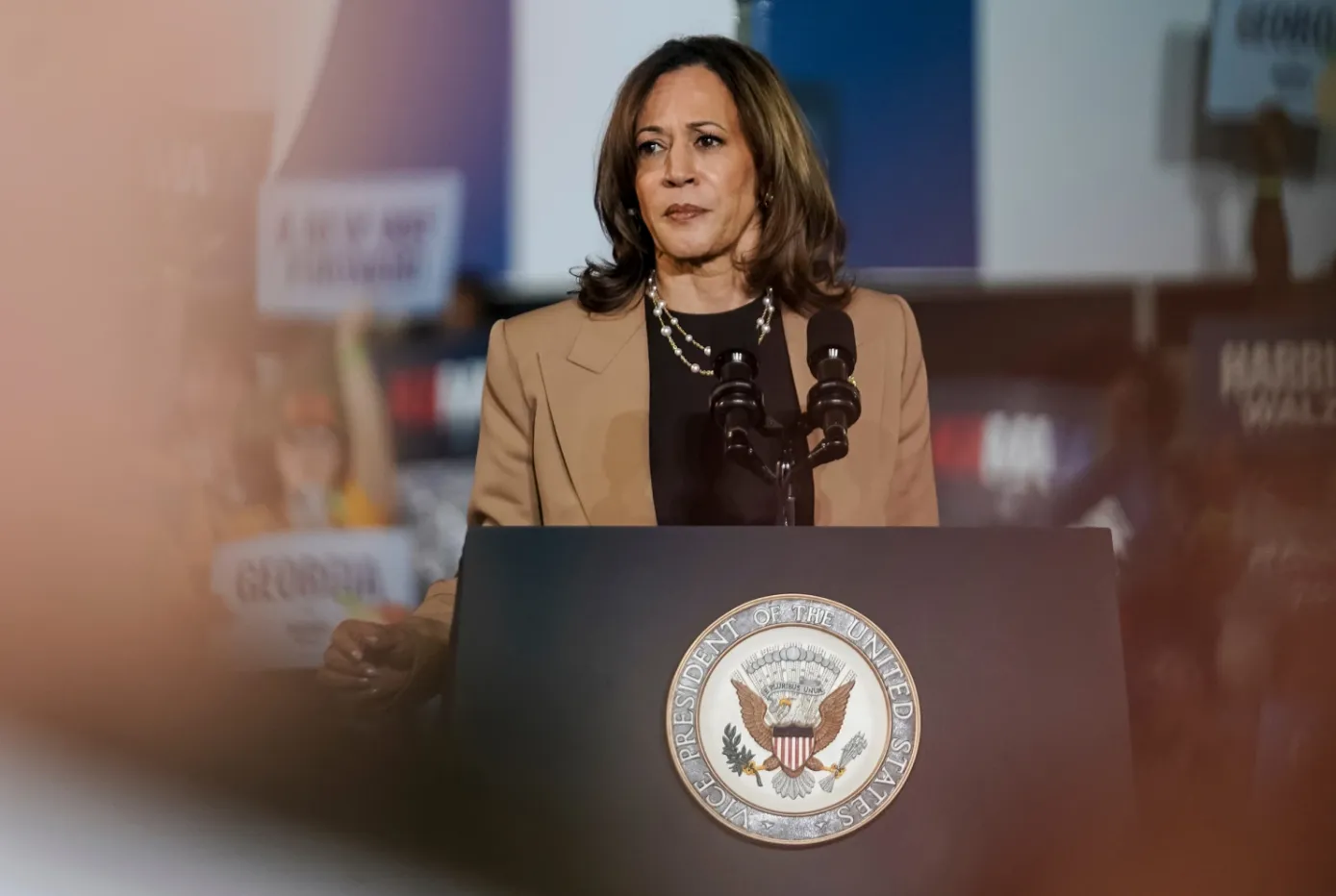
While the presidential election result wasn't officially declared until early Wednesday morning, by midnight, it became increasingly evident that the Democrats were hurtling towards a disaster reminiscent of 2016. Donald Trump had already gained a lead in all of the key battleground states, and Republicans seemed likely to secure control of the Senate, while the House of Representatives was still hanging in the balance.
There loomed the real possibility of a Republican trifecta once the final votes were counted. Adding to the Democrats' woes, Donald Trump appeared to have won the popular vote—an accomplishment that eluded him during his previous two campaigns for the presidency.
Trump now stands in a position of considerable power, with the potential to inflict significant changes during his second term in office. It is highly likely that Clarence Thomas and Samuel Alito will step down from the Supreme Court soon.
If this happens, they will be replaced by younger, right-wing ideologues sharing the same conservative values. This would guarantee a strong right-wing influence on America's highest court for an entire generation.
Trump will also be able to renew his 2017 tax cuts, ensuring that vast sums of wealth remain in the hands of billionaires rather than being redistributed through taxation for public benefit. Moreover, Trump is in a position to implement Project 2025—a plan designed to reshape the American government along highly plutocratic lines.
With Trump securing his second term, it is essential to recognize that there was no serious reckoning within the Democratic Party after his 2016 victory. Losing an election to such a controversial and morally questionable figure as Donald Trump should have prompted the party to deeply reflect on their policy shortcomings and political strategy failures.

Instead, the Democrats who were responsible for the 2016 defeat—starting with Hillary Clinton—chose to deflect the blame onto others. The most prominent deflection was the propagation of the "Russiagate" narrative, which, while containing some elements of truth, evolved into an elaborate liberal myth designed to shift attention away from the party's own policy failures.
Aside from Vladimir Putin, various other alleged reasons for Trump's 2016 victory were highlighted. These included accusations that Bernie Sanders supporters, or "Bernie bros," abstained out of spite, James Comey's infamous letters regarding the FBI's investigation of Hillary Clinton, the media for overemphasizing Clinton's email controversy, and giving Trump excessive coverage, and the deep-rooted prejudice of the American public. Although some of these factors undoubtedly played a role in Trump's victory, they mostly served as convenient distractions for the party elite.
The inconvenient truth was that Hillary Clinton and the Democrats bore a much larger share of responsibility for the loss. Clinton's campaign lacked inspiration, focusing heavily on Trump's personal shortcomings while failing to acknowledge the neoliberal policies that had hurt the American working class. Furthermore, Clinton focused her campaign on attracting suburban, college-educated voters who were traditionally Republican, and who, as it turned out, largely stayed loyal to Trump. This caused her to overlook the much larger voting bloc comprising working-class, non-college-educated Americans.
The key to understanding Trump's continued political influence lies in recognizing that the real divide in America is not between left and right, but between pro-system and anti-system politics. Pro-system politics represents the bipartisan consensus of establishment Democrats and Republicans.
It encompasses the politics of NATO and other military alliances, trade agreements, and economic policies driven by deference to experts—such as when economists argue that price gouging isn't the root cause of inflation. Trump, on the other hand, does not adhere to a fixed ideology but rather embodies a rejection of this entrenched consensus.

The dominant trend in American politics following the Obama era has been growing dissatisfaction with the status quo, with an increasing number of Americans embracing anti-system views. In 2016, Trump emerged as the candidate representing this anti-establishment anger.
However, by 2020, he faced the liability of being the status quo, especially as the Covid-19 pandemic was wreaking havoc around the globe. Nevertheless, by 2024, Trump had once again returned as the voice of change, bolstered by the nostalgic recollections many Americans held of the economy during his first term in office—and the temporary but generous expansion of the welfare state during the Covid-19 emergency measures.
Trump's renewed mandate signifies that the appeal of anti-system politics remains strong in the United States. The Democrats' failure to present a convincing alternative narrative has allowed Trump to maintain his grip on voters frustrated with the political establishment.
The question that now arises is how Trump's second term will shape the nation's future, especially given his strengthened mandate and the powerful allies he is expected to bring into pivotal positions of government authority.
This election has once again underscored the fragility of America's political system and the growing disillusionment of its citizens with traditional politics. The Democrats face a considerable challenge in reversing their fortunes, and their ability to adapt to the changing political landscape remains uncertain.
Meanwhile, Donald Trump appears poised to redefine American governance, and whether his approach will bring prosperity or deeper divides remains a question only time will answer.
-1728018066-q80.webp)


